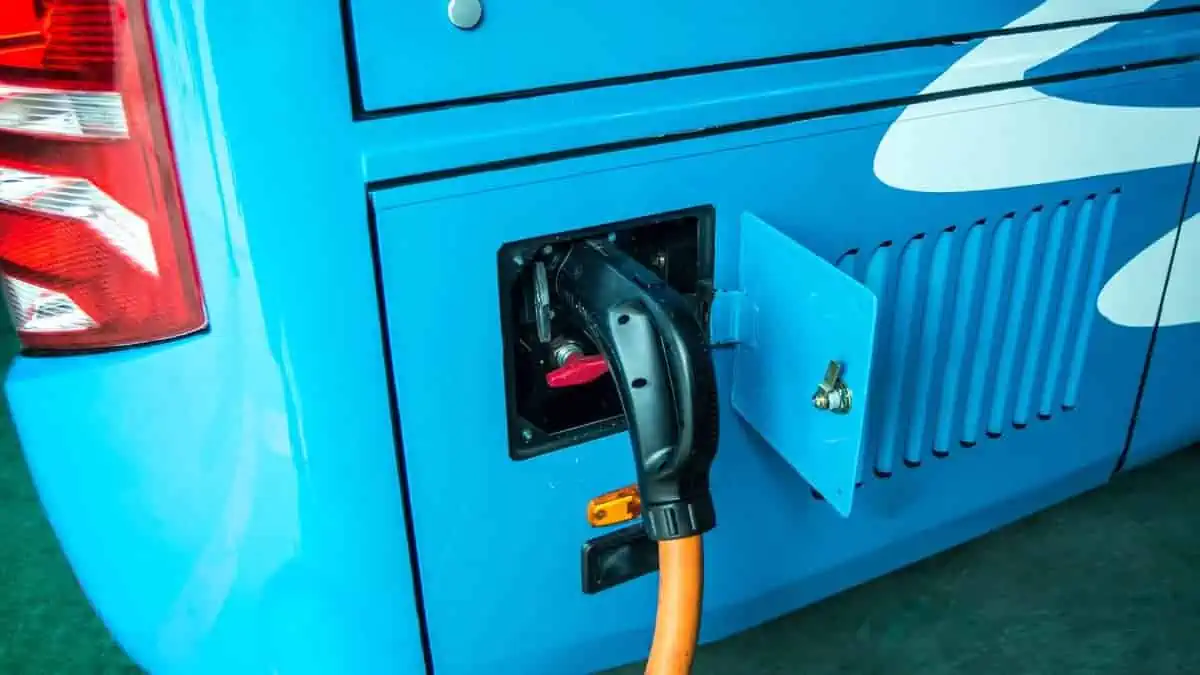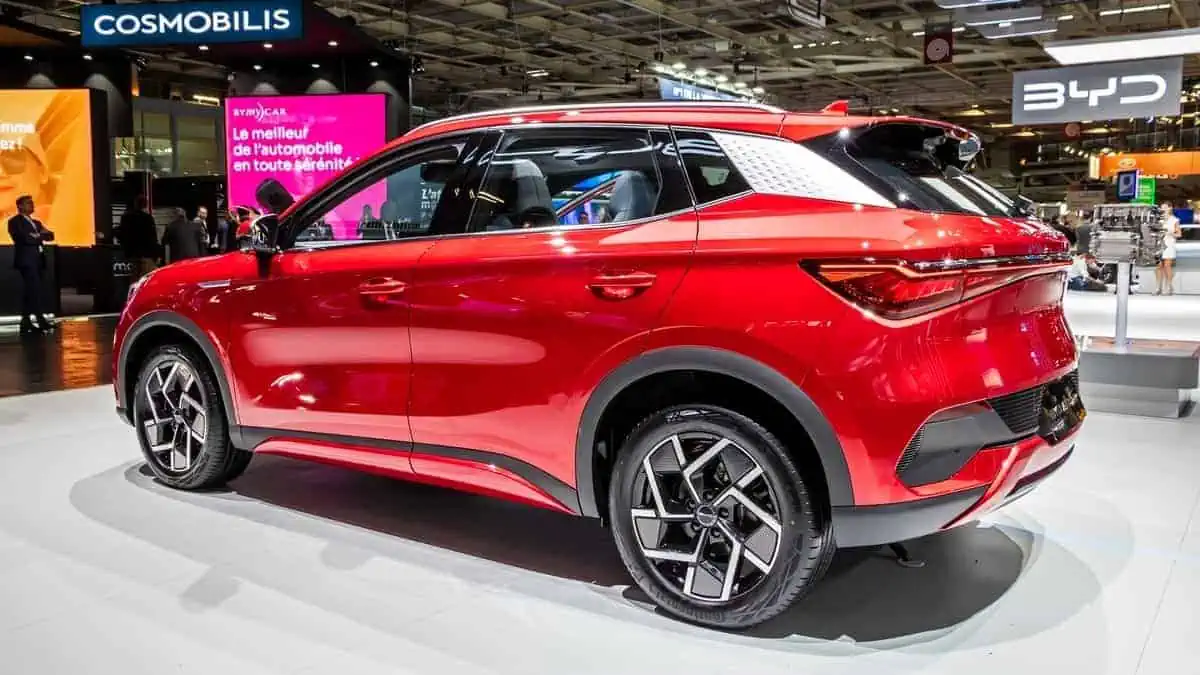Argonne National Laboratory researchers reportedly partnered with the University of Chicago’s graduate students to explore groundbreaking technology that can potentially revolutionize the management of electric vehicle charging.
It must be noted that the US Department of Energy owns the ANL. Moreover, the University of Chicago’s UChicago Argonne LLC manages the research national laboratory in Lemont.
Project details
The researchers aim to employ “reinforcement learning” for the project. It introduces a strategic mix of computational rewards and punishments. With this method, they can train the algorithm to aid in managing the charging of varying EV sets.
The project primarily seeks to discover the ideal approach to facilitating green, cheap, efficient, and smart EV charging through an electrical grid that may not be capable of supporting them simultaneously.
First set of EVs under investigation
The researchers are initially studying Argonne employees’ EVs using the laboratory’s Smart Energy Plaza. It supports both AC and DC fast chargers.
The report indicated that employees do not usually need to use their EVs while working during the day. Therefore, the project aims to make a system that schedules EV charging depending on the owners’ demand.
“There’s a certain total amount of power that can be allocated, and different people have different needs in terms of when they need to have their cars available at the end of the day. Being able to train a model to work within the constraints of a particular employee’s departure time while being cognizant of peak demands on the grid will allow us to provide efficient, low-cost charging.”
Jason Harper, Argonne Principal Electrical Engineer
A graduate student from the University of Chicago also explained that simultaneous EV charging raises EV charging costs.
“When you have a lot of EVs charging at the same time, they can create a peak demand on the power station. This introduces increased charges, which we’re trying to avoid.”
Salman Yousaf, Applied Science graduate student at the University of Chicago
The applied reinforcement learning technique integrates feedback from positive outcomes. Likewise, it also incorporates feedback from negative outputs. With this data, the researchers can establish a charge scheduling system that can potentially facilitate smarter decisions on charging EVs at the ideal time.
“Smart charge scheduling is really an optimization problem,. In real time, the charging station is constantly having to make tradeoffs to make sure that each car is being charged as efficiently as possible.”
Jason Harper, Argonne Principal Electrical Engineer
What’s next?
The researchers aim to expand the project’s scope beyond the Smart Energy Plaza of the national laboratory.
”There’s a lot of flexibility when it comes to charging at home, where overnight charging would allow for some ability to move around how the charging load is distributed.
True smart charging is really taking into consideration all of the actors in the ecosystem. That means the utility, the charging station owner, and the EV driver or homeowner. We want to meet the needs of everyone while still being mindful of the restrictions that everyone faces.”
Salman Yousaf, an Applied Science graduate student at the University of Chicago
See Also:
- Newly developed algorithm reduces EV’s charging times and improves its battery life
- US Department of Energy to utilize JD Power EV Index to bolster infrastructure growth efforts
- Solid-state battery innovation to revolutionize electric vehicles
- North America’s EV battery manufacturing capacity expansion
- Researchers develop closed-loop method for lithium recovery from batteries
The project initiators expect to use a bigger charging network simulation for the potential expansion. They will leverage the initial data from Argonne’s EV chargers.






